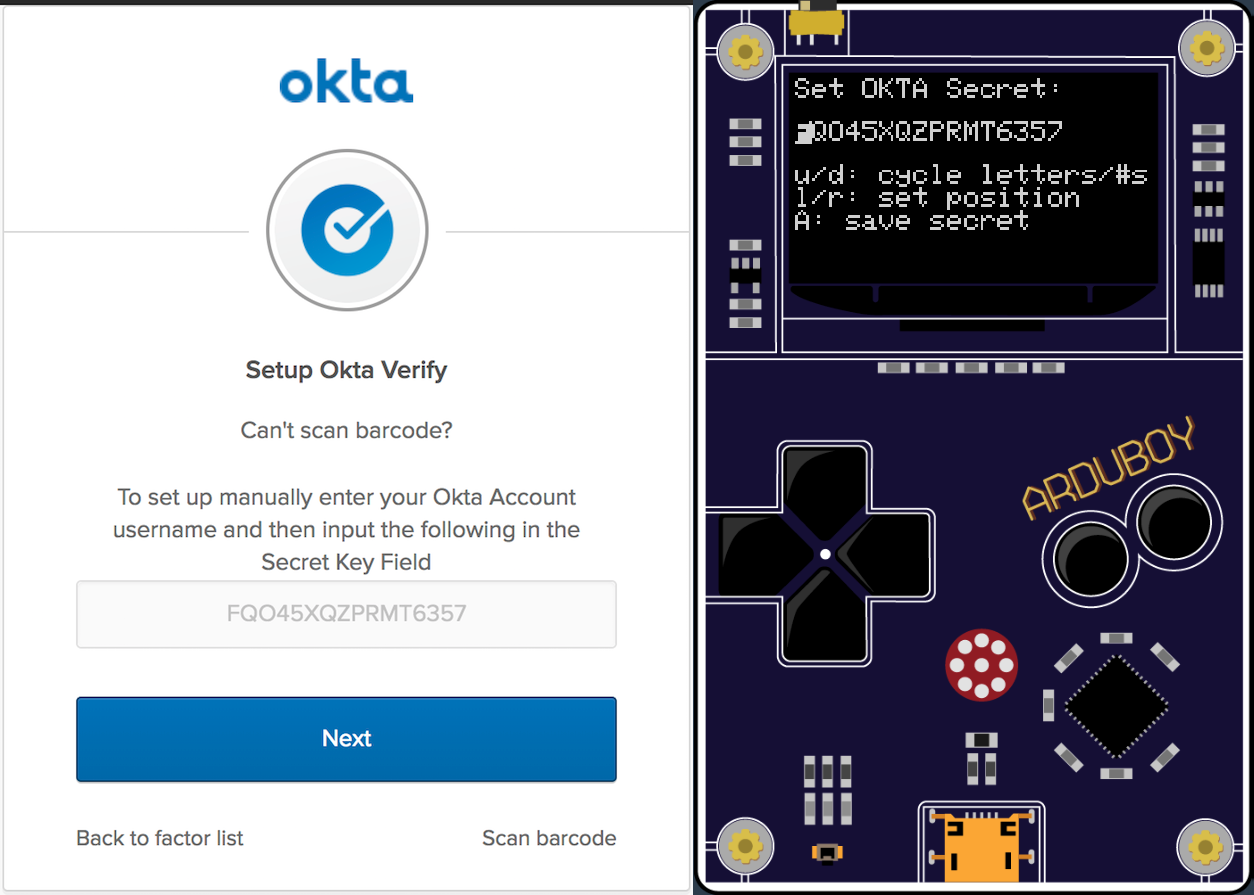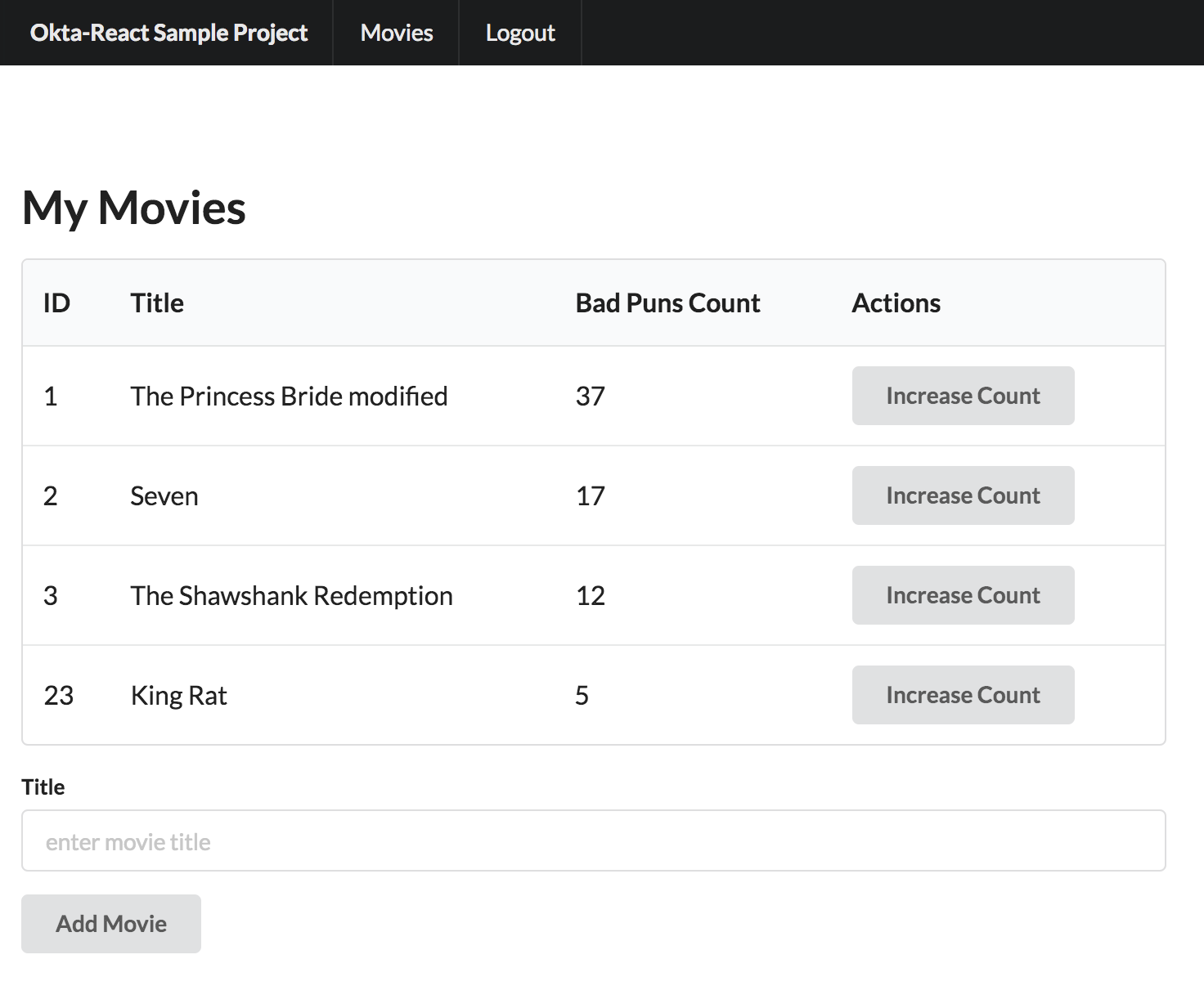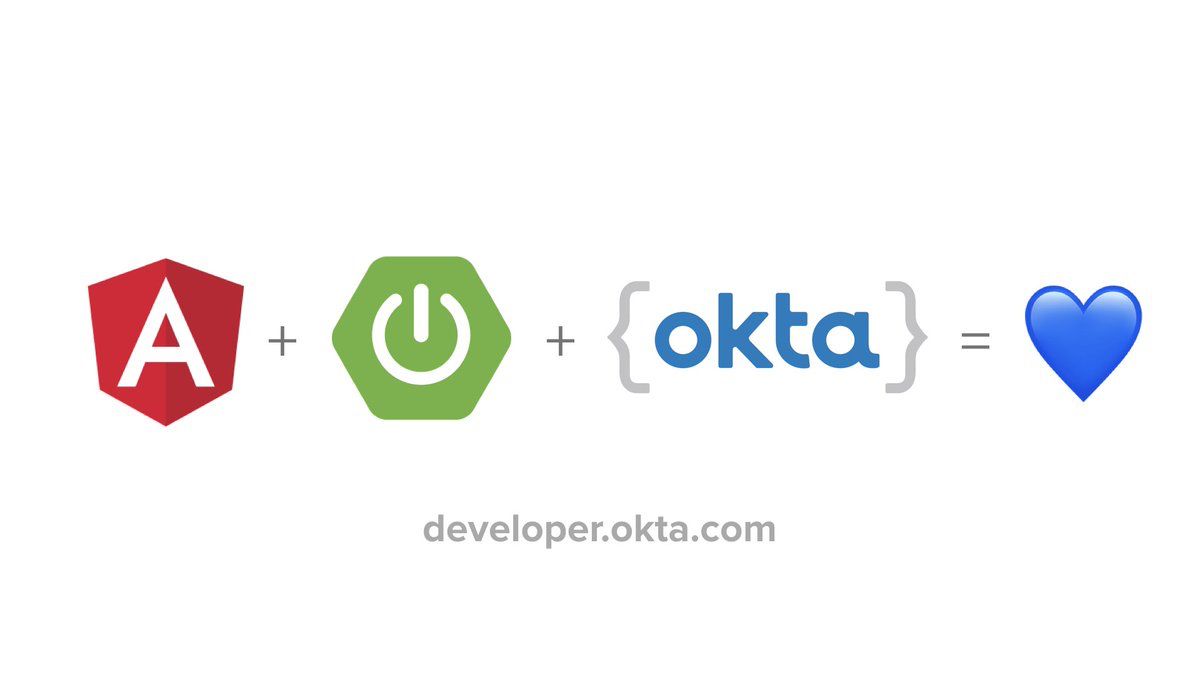Build a Simple CRUD App with ASP.NET Framework 4.x Web API and Vue
ASP.NET Web API was released in 2012. Today, it’s a mature framework for building ReST-ful APIs to back any modern app. It pairs nicely with the newcomer on the client-side block, Vue In this tutorial, you’ll use Vue with .NET Framework 4.7.1 Web API and Visual Studio 2017 to build a simple CRUD app to track your weight and achieve your fitness goals, but really you could use these technologies to do just about anything....
Hey, Okta! Where's the Bacon?
I am so excited to announce I have joined Okta’s developer relations team as a Senior Developer Advocate! My focus is on all the JavaScripts: Node.js, Vue, React, and a bazillion other things! My Origin Story My first taste of programming was BASIC on the TRS-80. In the 90’s, I wrote a lot of DOS and Windows applications using Pascal and Visual Basic. Around 1998, I made the jump to building Web applications using “classic”...
Build a One-time Password Token for MFA with Okta

Okta has a great multi-factor authentication (MFA) service that you can use right away with a free developer account. It provides additional security by requiring a second factor after authentication and supports a variety of factor types including SMS, soft tokens like Google Authenticator, hard tokens like Yubikey and the Okta Verify soft token with push notification. Google Authenticator and Okta Verify are a type of factor called time-based one-time password (TOTP) tokens. They use...
Secure Your ASP.NET Web Forms Application with OpenID Connect and Okta
We talk a lot about ASP.NET Core on this blog, but the .NET ecosystem is much much more than just Core. Microsoft is still updating and supporting .NET Framework, and will continue to do so for the foreseeable future. The same is the case with Web Forms, which even got some new features recently. In this post, we’ll take a look at how to easily secure existing ASP.NET Web Forms with via an external provider...
Use nginx to Add Authentication to Any Application

Ever found yourself wanting to put an application behind a login form, but dreading writing all that code to deal with OAuth 2.0 or passwords? In this tutorial, I’ll show you how to use the nginx auth_request module to protect any application running behind your nginx server with OAuth 2.0, without writing any code! Vouch, a microservice written in Go, handles the OAuth dance to any number of different auth providers so you don’t have...
Build a Simple CRUD App with ASP.NET Core and Vue
Keeping an eye on your daily calorie intake can be crucial to healthy lifestyle. There are a ton of apps on the market that will help you do this, but may be bloated with extra features or just full of ads. The app we’ll build today is a bare-bones stand-in for any of those, as a demonstration of these technologies, and a great stand-in if simple calorie tracking is all you really need. Note: In...
Tutorial: Build a Secure CRUD App with Symfony and React

Building a modern single-page application can be a daunting task for a sole developer because of the sheer amount of different components you need to get in place – you need a backend API, a dynamic frontend, a decent user interface, and everything has to be secure and scalable. However, with the right tools in place, you can get started quickly without compromising quality or performance. Today I’ll show you how to create an app...
Build a Basic CRUD App with Angular 7.0 and Spring Boot 2.1

Technology moves fast these days. It can be challenging to keep up with the latest trends as well as new releases of your favorite projects. I’m here to help! Spring Boot and Angular are two of my favorite projects, so I figured I’d write y’all a guide to show you how to build and secure a basic app using their latest and greatest releases. In Spring Boot, the most significant change in 2.0 is its...
Build a Simple REST API with Node and OAuth 2.0
JavaScript is used everywhere on the web - nearly every web page will include at least some JavaScript, and even if it doesn’t, your browser probably has some sort of extension that injects bits of JavaScript code on to the page anyway. It’s hard to avoid in 2018. JavaScript can also be used outside the context of a browser, for anything from hosting a web server to controlling an RC car or running a full-fledged...
Build and Understand a Simple Node.js Website with User Authentication
Building websites with user authentication and management (login, registration, password reset, etc.), can be a huge pain. As a developer there are a million little things you need to worry about: Storing the users in your database Making sure you have the right user attributes defined Forcing users to be logged in to view a page Building registration and login forms Creating password reset workflows that email users a link Verifying new users when they...